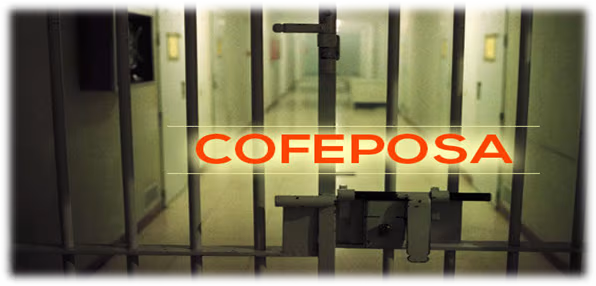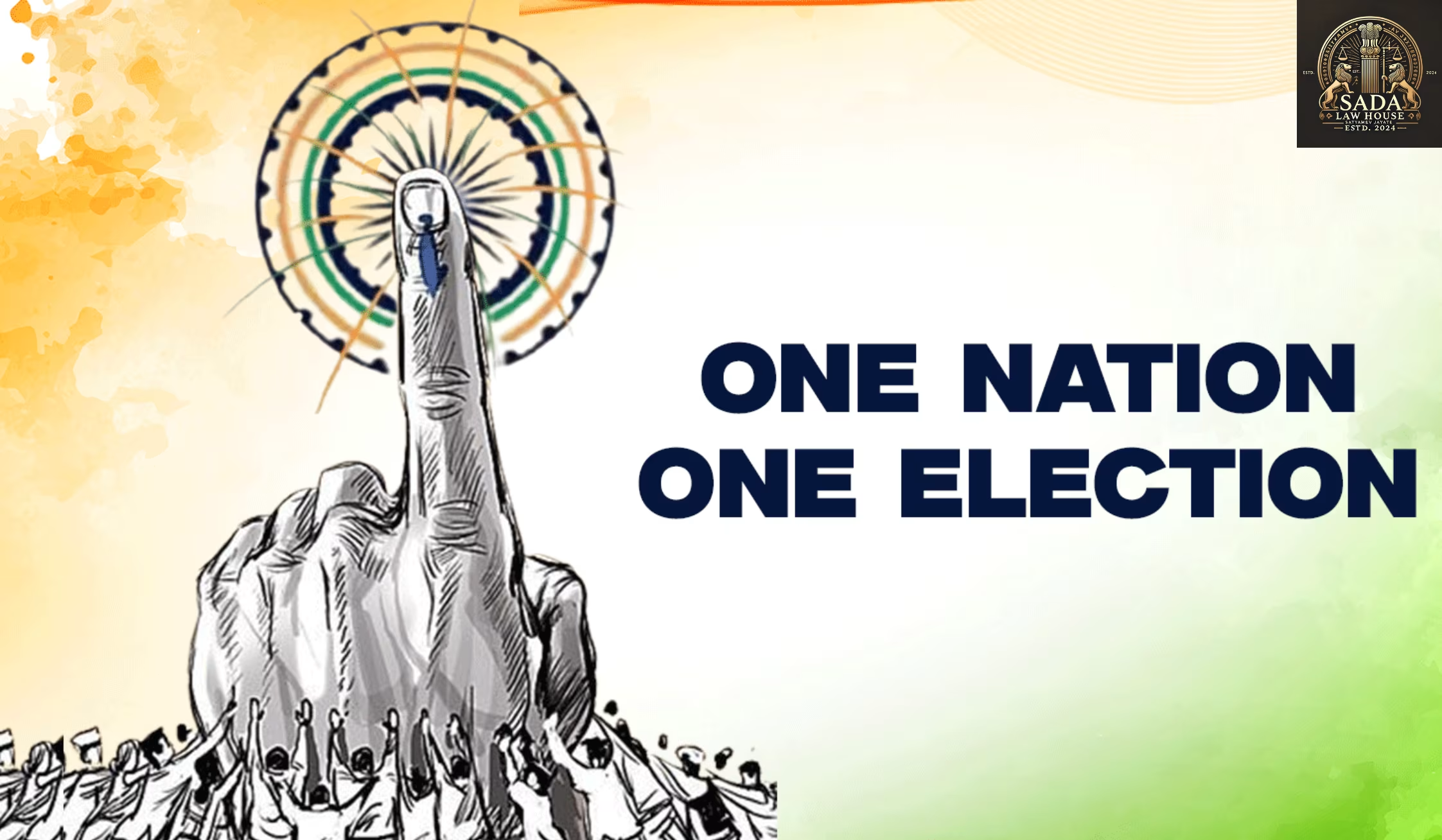AN ANALYSIS OF THE ROLE OF CSR IN THE COMPANIES ACT 2013
- 05 Apr 2025

The Indian Supreme Court radically changed the meaning of the right to life under Article 21 of the Indian Constitution in 1981 when it handed down a landmark decision in the case of Francis Coralie Mullin v. Administrator, Union Territory of Delhi. This case was more than just a court battle; it also represented a major advancement in Indian human rights law.
The case centred on Francis Coralie Mullin‘s situation, who protested the cruel circumstances surrounding her imprisonment. The court’s ruling emphasised that the right to life encompasses more than just the ability to survive physically. It also includes the right to live with dignity.
As we examine this case in more detail, we’ll see how this landmark decision changed the legal landscape by guaranteeing that the Indian state‘s obligation to safeguard life includes a duty to provide humane and respectable living conditions. Whether you’re a student, a lawyer, or just someone who cares about human rights, this investigation will give you important context for understanding one of the most important judicial rulings in Indian history.
An overview of the 1981 case Francis Coralie v. Union Territory of Delhi
The seminal case of Francis Coralie v. Union Territory of Delhi (1981) has had a profound effect on India’s fundamental rights landscape. The case explores the fundamental ideas of individual freedom and the defence of rights against the state.
Context of the Case
In the case of Francis Coralie v. Union Territory of Delhi (1981), the petitioner was a journalist and social worker who was wrongfully detained by the Delhi Police in violation of preventive detention statutes. The petitioner contested this arbitrary detention on the grounds that it violated his or her fundamental rights to life and personal liberty as guaranteed by Articles 21 and 19 of the Indian Constitution.
Importance of the Situation
The Francis Coralie case is significant because it helped define India’s expanded understanding and application of fundamental rights. The ruling stressed that the protection of one’s dignity, privacy and physical integrity are all included in the concept of personal liberty, which goes beyond simple physical freedom.
The case made clear how crucial it is to defend human rights values and make sure that government activities are consistent with the guarantees of constitutional protection that each and every person receives. By restating the judiciary‘s position as a protector of fundamental rights and a check on administrative excess, it established a precedent for cases to come.

Important Case Details
The famous case of Francis Coralie v. Union Territory of Delhi (1981) had a big influence on how fundamental human rights were interpreted in India. The lawsuit established a precedent for upcoming human rights cases and addressed important legal issues. Let’s examine the salient features of this significant case.
Parties involved
In this case, Francis Coralie, a social activist and lawyer, filed a petition against the Union Territory of Delhi, asserting a breach of fundamental rights. The Union Territory of Delhi represented the government officials whose acts were being scrutinised. The case highlighted the conflict amongst private liberties and state power, making it a major source of disagreement.
Legal Issues Addressed
The case focused chiefly on a violation of Article 21 of the Indian Constitution, which provides the protection of life as well as private liberty. Francis Coralie stated that the activities of government officials violated individuals’ worth and well-being, underscoring the significance of defending fundamental rights even in the face of state action. This case underscored the importance of the ability to live in dignity as an integral part of the right to life.
Judgement and Impact
The Supreme Court‘s decision emphasised the importance of Article 21 and broadened its meaning to encompass the right of living with dignity. The decision strengthened the protection of fundamental rights and established a precedent for subsequent situations involving human rights breaches. The influence of this case went transcend Francis Coralie’s individual circumstances, impacting the legal landscape of rights for humans in India.
The Francis Coralie case serves as a timely reminder of the critical balance between individual rights and governmental authority, underscoring the fundamental ideals of human dignity and liberty established in the Indian Constitution.
Impact on the Indian Legal System
The 1981 Supreme Court case of Francis Coralie Mullin v. Administrator, Union Territory of Delhi significantly impacted the Indian legal system, particularly concerning personal liberty and the establishment of precedents for future judicial actions.Indian Kanoon
Enhancing the Realm of Personal Liberty
In this landmark decision, the Supreme Court of India expanded the scope of personal liberty under Article 21 of the Indian Constitution. The Court emphasized the inherent dignity and worth of the individual, broadening the definition of personal liberty beyond mere physical restraint. This interpretation laid a robust foundation for protecting Indian citizens’ fundamental rights against arbitrary state actions, reinforcing the principle that personal liberty is sacred and inviolable.Indian Kanoon
Setting Precedents for Future Cases
The ruling in the Francis Coralie Mullin case set important precedents that have influenced subsequent legal discourse in India. By advocating a comprehensive understanding of personal liberty and human dignity, the decision established a benchmark for future cases to diligently uphold these principles. It guided the Indian judiciary in ensuring the protection and preservation of individual freedoms, even amidst governmental overreach.
The impact of Francis Coralie Mullin v. Administrator, Union Territory of Delhi resonates through Indian legal jurisprudence, exemplifying the judiciary’s unwavering commitment to safeguarding the rights and liberties of all Indian citizens.
Relevance in Contemporary Legal Context
In today’s swiftly evolving legal landscape, the case of Francis Coralie v. Union Territory of Delhi 1981 remains noteworthy and continues to impact ongoing legal discourse. We can gain beneficial insights into the long-term impact of this landmark decision by comparing it to current laws and investigating its influence on human rights dialogue.
Comparative Evaluation of Current Laws
When juxtaposed to present legal frameworks, the principles stated in the Francis Coralie case serve as a standard for determining the appropriateness and efficacy of existing legislation. The court’s emphasis on protecting human dignity and safeguarding fundamental rights as inherent in persons is perfectly consistent with continuing disputes over privacy, liberty, and equality. We can assess how well our legal system respects the objectives stated in this seminal decision by examining how future law aligns with the spirit of this ruling.
Influence on Human Rights Discourse
The significance of Francis Coralie v. Union Territory of Delhi 1981 resonates through present human rights debates, establishing a precedent for prioritizing individual freedoms and safeguarding against arbitrary state actions. By delving into the complexities of this decision, scholars and practitioners continue to deepen the human rights debate, establishing parallels between previous judicial statements and current concerns. The case’s lasting relevance emphasizes the importance of protecting human dignity and providing equitable access to justice in a changing legal context.Wikipedia
In essence, the Francis Coralie case’s persistent validity demonstrates its continued importance in molding the contours of present-day legal thought and practice. As we tackle complicated legal issues and work to promote universal values of justice and fairness, the implications from this landmark decision keep shining light on the path to a more just and rights-respecting society.
Critiques and Controversies
The decision in Francis Coralie v. Union Territory of Delhi 1981 has been the subject of numerous debates and discussions. Let’s go over some of the important themes that have provoked discussions among legal practitioners and academicians.
Criticism of the Judgment
Critics of the Francis Coralie v. Union Territory of Delhi 1981 ruling have voiced worries regarding its scope and ramifications. Some contend that the decision did not go sufficient miles to preserve individual rights and freedoms, particularly in terms of personal liberty and human dignity. They highlight alleged flaws in legal reasoning and application of constitutional principles, raising concerns about the ruling’s competence in advancing equality and equitable treatment.
Conversations on Interpretation and Implementation
The description and implementation of the Francis Coralie v. Union Territory of Delhi 1981 case have been hotly debated in the legal profession. Different schools of thought have evolved about the judgment’s implications in establishing constitutional law and protecting fundamental rights. A number of attorneys criticise the verdict’s integrity and brevity, citing the need for additional examination and guidance on its implementation in future legal actions.
Finally, the critiques and controversies surrounding the 1981 case of Francis Coralie v. Union Territory of Delhi highlight the complexities of constitutional law as well as society’s continual struggle for justice and equality.
As legal luminaries discuss the meaning and execution of this historic decision, Francis Coralie’s legacy continues to be scrutinised and reflected upon in the sphere of legal jurisprudence.
Sustained influence in legal studies
The Francis Coralie case has had a tremendous impact on subsequent legal scholarship by serving as a foundation for arguments about human rights and constitutional law. The case’s vital importance in defining the right to life and personal liberty as fundamental and non-negotiable rights continues to be an important topic of discussion in legal academics.
Intellectual Perspectives on the Case
Historians and academics delve into the complexities of the Francis Coralie case, examining its repercussions and underpinning concepts. The case acts as a lens through which broader legal ideas and frameworks are reviewed, eliciting scholastic insights that deepen the discussion of constitutional rights and judicial interpretations.
Conclusion
The landmark 1981 decision in Francis Coralie Mullin v. Union Territory of Delhi dramatically changed the natural environment of human rights in India, emphasising the inviolability of personal liberty and human dignity. The Supreme Court‘s commitment to Article 21 of the Constitution broadened the concept of the right to life, going beyond basic animal reproduction to include the right to live with dignity, health, and well-being. This case is still a significant turning point in Indian jurisprudence, influencing current legal standards and human rights discourse. Its enduring prominence stems from its declaration that the state must respect and elevate each individual’s fundamental freedoms and human dignity.

References
- https://legalserviceindia.com/legal/article-11354-the-golden-triangle-of-indian-constitution.html
- https://www.studyiq.com/articles/article-21-of-indian-constitution/
- https://ebooks.inflibnet.ac.in/hrdp04/chapter/right-to-food-in-indian-constitution-and-case-law/
- https://lexlife.in/2021/08/31/right-to-life-and-dignity-of-man/
- https://www.legalservicesindia.com/law/article/2184/10/HOW-HAS-THE-SUPREME-COURT-DEVELOPED-ITS-APPROACH-TO-DEFINING-%E2%80%98PERSONAL-LIBERTY%E2%80%99-
- https://courtverdict.com/supreme-court-of-india/charu-khurana-others-vs-union-of-india-others#google_vignette
- https://blog.ipleaders.in/maneka-gandhi-v-union-of-india/
LATEST BLOGS






